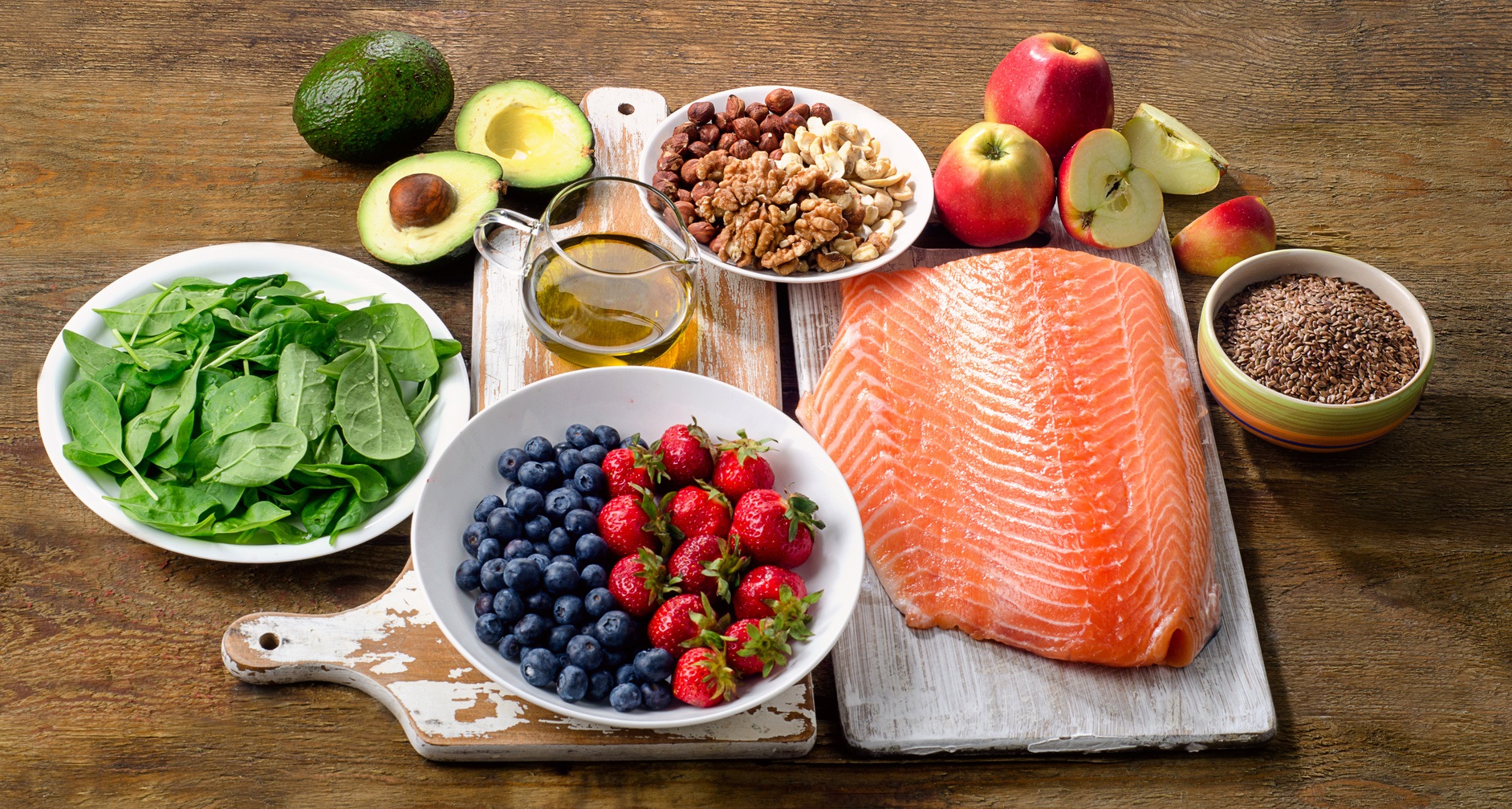February is American Heart Month, and it’s a great time to make a commitment to eating heart-healthy foods. Unfortunately, there are a lot of myths out there about what exactly you should eat to have a healthy heart.
Dr. Richard Bisceglie, a certified nutrition specialist at the Center for Holistic Medicine, says many people mistakenly believe that fats cause heart disease.
“It was thought for a few decades that high fat intake was the culprit for heart disease until prominent cardiologists came out to dispel that knowledge,” he says. “The truth is that the most important part of a heart-healthy diet is to restrict carb intake and increase healthy fats.”
Dr. Jerry Gore, founder of the Center for Holistic Medicine, agrees. Here are some of the basic guidelines Dr. Gore lays out in his book, Holistic Medicine, for how to eat to have a healthy heart.
- Avoid the sugar roller coaster
You probably know that sugar is full of empty calories, but did you know that it is also bad for your heart? When we eat sugar or simple carbohydrates, our insulin levels spike and then crash. When we do this over the long haul, our body starts pumping more insulin into our blood on a regular basis, and these elevated insulin levels promote chronic inflammation, which leads to heart disease.To avoid this, it’s best to cut back on eating refined sugar and opting for whole grains instead of simple carbohydrates. Also, try to combine whole grains with good fats, protein and fiber, which will help lengthen the time it takes for your body to absorb the sugars and reduces the roller coaster affect. - Eat your beans
Did you know that legumes such as beans, peas, lentils, chickpeas, red beans, split beans, lima beans etc. are high in fiber, high in protein and can help regulate our cholesterol production and reduce heart disease? Plus, beans are one of the cheapest things you can buy at the store, making them good for your heart and your wallet. - Eat foods high in pectin
Turns out that eating an apple a day really is a good idea. Apples are loaded with the soluble fiber pectin, a carbohydrate chain that dissolves in water and helps to reduce cholesterol. “If you are trying to reduce your cholesterol naturally, the pectin in fruits and vegetables helps this goal by combining with the bile acids… in the gut and escorting them out of the body as fecal fats in our waste,” Dr. Gore explains. Other foods that contain pectin include citrus fruits, carrots and beans. - Get lots of omega-3 fatty acids
Not all fats are bad for your heart. In fact, foods that are high in omega-3 fatty acids – such as fish like salmon and tuna, as well as walnuts, soybeans, flaxseeds and eggs – have been shown to lower your triglyceride levels, lower your blood pressure, reduce blood clotting, suppress heart arrhythmias and decrease sudden cardiac death. If you can’t get enough fish in your diet, try taking a daily supplement of fish oil. - Go nuts for nuts!
Did you know that nuts, in moderation, can be very beneficial to your heart? According to Dr. Gore, “Nuts contain monounsaturated fatty acids and omega-3 polyunsaturated fatty acids that help lower your LDL (the bad fat)…. Research has shown that a handful of mixed nuts eaten every day reduces all causes of mortality by 20 percent!” - Avoid polyunsaturated fats
Although some types of fats are actually good for you, there are certain fats that Dr. Gore says you should avoid, such as oils that have a high degree of unsaturation such as corn oil and other vegetable oils including safflower oil, soy oil, sunflower oil and canola oil. These types of fats are harmful because they get oxidized easily, making them unstable molecules that chemically hunger to become attached to other molecules. “Once ingested, they chemically invade other food molecules and damage whatever cells they can grab onto,” Dr. Gore says, which can lead to heart disease. - Eat lots of antioxidants
Speaking of oxidation, if you want to reduce the harmful effects of free radicals (the unstable molecules mentioned above), focus on adding more fruits and vegetables that are high in antioxidants into your diet. Some great choices are blueberries, blackberries, cherries, cranberries, grapes, broccoli and tomatoes.
